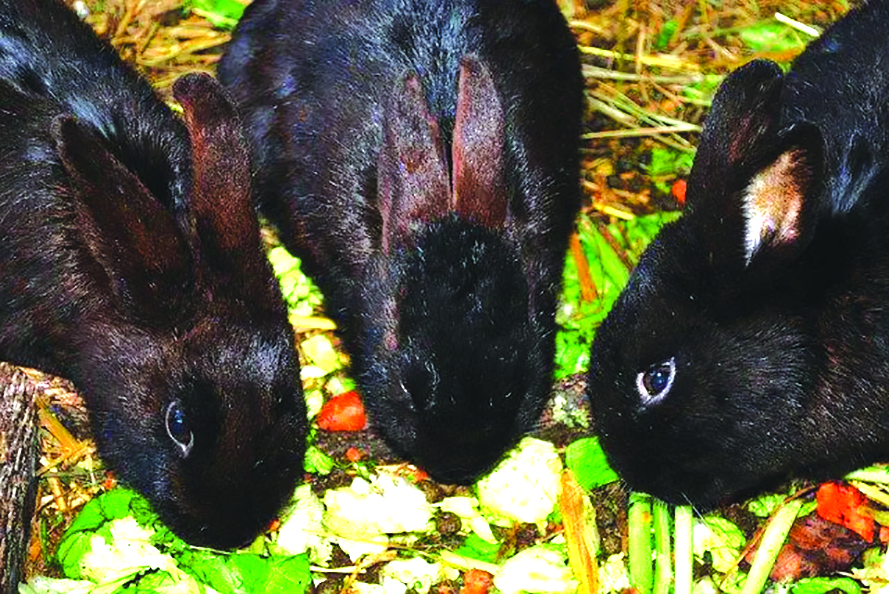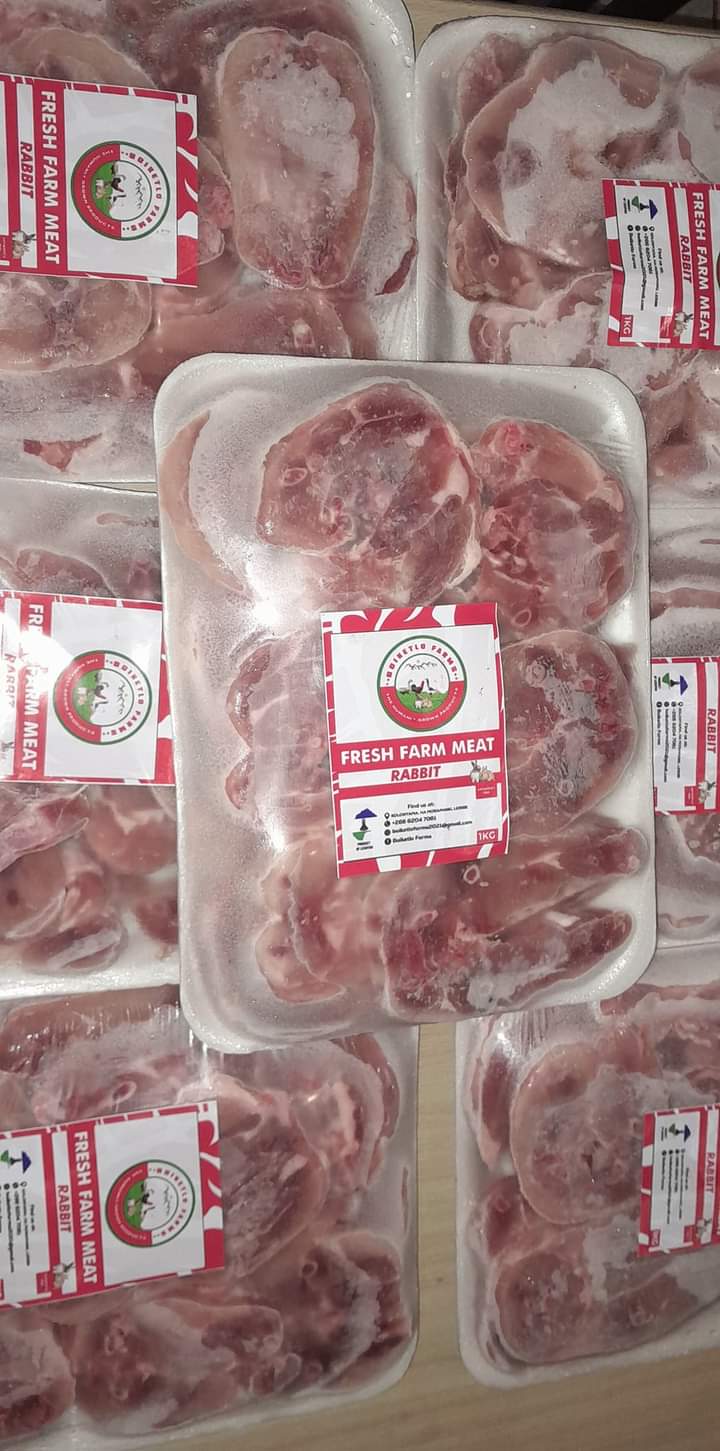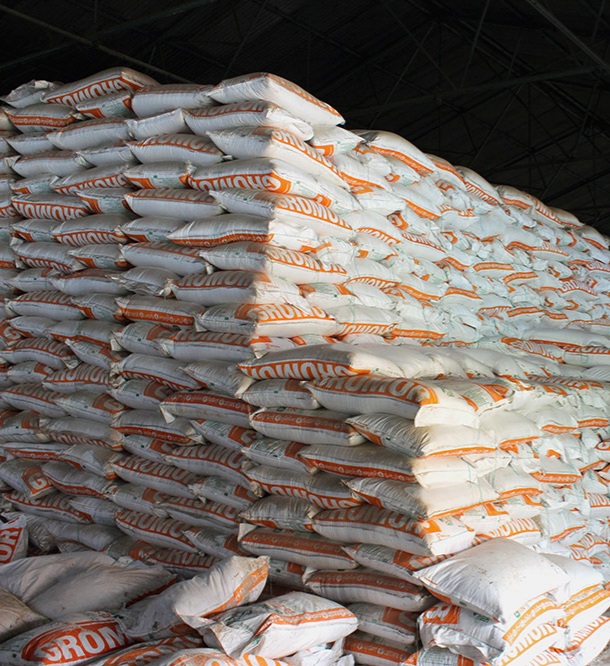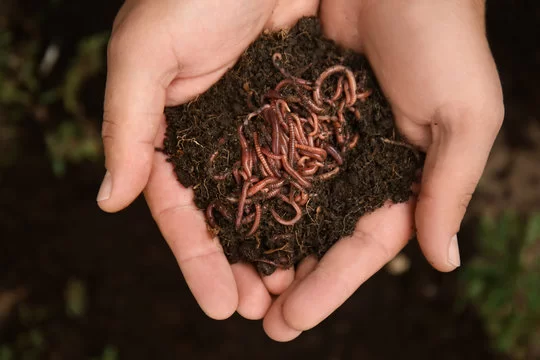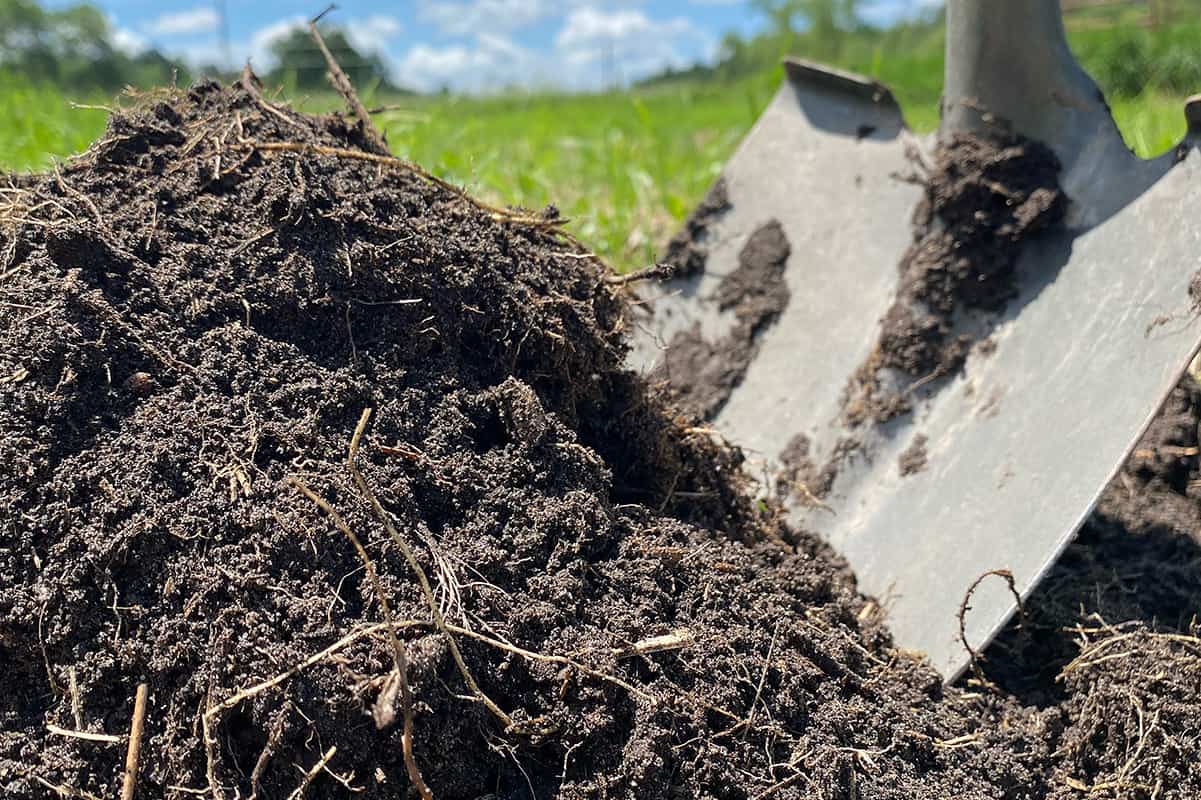Libuseng Molato
Seahlolo recently spoke with Motlou Majoro, a rabbit breeder, grower, and founder of Boiketlo Farm, to uncover the often-overlooked opportunities in rabbit farming beyond its nutritious meat. Majoro enthusiastically shared the benefits of rabbit farming, particularly focusing on rabbit manure and urine.
“Rabbit farming is one of the lucrative and untapped prolific business opportunities towards reducing high unemployment among the youth, especially the educated youth. There is no waste in rabbitry: rabbit urine and manure are best for crops, while rabbit ears and feet are super healthy foods for dogs,” Majoro said.
Rabbit Urine Benefits
Organic Fertiliser: Rabbit urine is rich in Nitrogen, Phosphorus, and Potassium (NPK) and other micronutrients such as calcium and magnesium. It improves soil fertility and plant growth, making it an excellent ingredient for creating nutrient-rich liquid fertiliser. This urine-based fertiliser can be applied directly to the soil around plants or used as a foliar spray to provide plants with readily available nitrogen, promoting healthy growth and higher yields.
Composting: Rabbit urine can be added to compost piles to enhance the decomposition process. Its high nitrogen content accelerates the breakdown of organic matter, contributing to the production of nutrient-rich compost, which can then be used to enrich the soil, improving its fertility and structure.
Hydroponics and Aquaponics: Rabbit urine can be incorporated into hydroponic and aquaponic systems, which are soil-less methods of growing plants. In these systems, the urine is diluted and added to the nutrient solution that feeds the plants.
Pest Repellent: Rabbit urine can help repel or deter bugs and pests from crops when sprayed as a highly concentrated solution.
Application and Storage: Rabbit urine must be diluted before use, and the dilution ratios and frequency depend on whether it is used as an organic fertiliser or pest repellent. It does not expire as long as it is kept in an air-tight container, stored in a cool and dark place to preserve ammonia.
Benefits and Usage of Rabbit Manure
Using rabbit manure in a garden offers several benefits, making it an excellent manure fertiliser for various plant types. Rabbit manure or droppings are small, light, pelletised, odourless, and ready to apply to the garden.
“Cold” Manure: Unlike “hot” manures such as pig or chicken manure, rabbit manure can be directly applied to gardens and plants without composting first.
Odourless: Rabbit manure is dry and odourless, naturally coming in pellets that are not unpleasant or difficult to use.
Natural Fertiliser: Rabbit manure is rich in NPK, making it ideal for promoting the healthy growth of plants.
Slow Release: When applied directly to plants, rabbit manure breaks down slowly, reducing leaching and allowing plants to benefit from the fertiliser for an extended period. It can also be transformed into manure tea to quickly infuse the soil in a garden with fertiliser.
Majoro emphasised that aside from selling rabbit meat, he also supplies rabbit manure and urine affordably and inexpensively for local farmers, providing them with essential resources to improve their crop yields and soil health.
Summary
- This urine-based fertiliser can be applied directly to the soil around plants or used as a foliar spray to provide plants with readily available nitrogen, promoting healthy growth and higher yields.
- Rabbit urine must be diluted before use, and the dilution ratios and frequency depend on whether it is used as an organic fertiliser or pest repellent.
- It does not expire as long as it is kept in an air-tight container, stored in a cool and dark place to preserve ammonia.

Your Trusted Source for News and Insights in Lesotho!
At Newsday Media, we are passionate about delivering accurate, timely, and engaging news and multimedia content to our diverse audience. Founded with the vision of revolutionizing the media landscape in Lesotho, we have grown into a leading hybrid media company that blends traditional journalism with innovative digital platforms.



